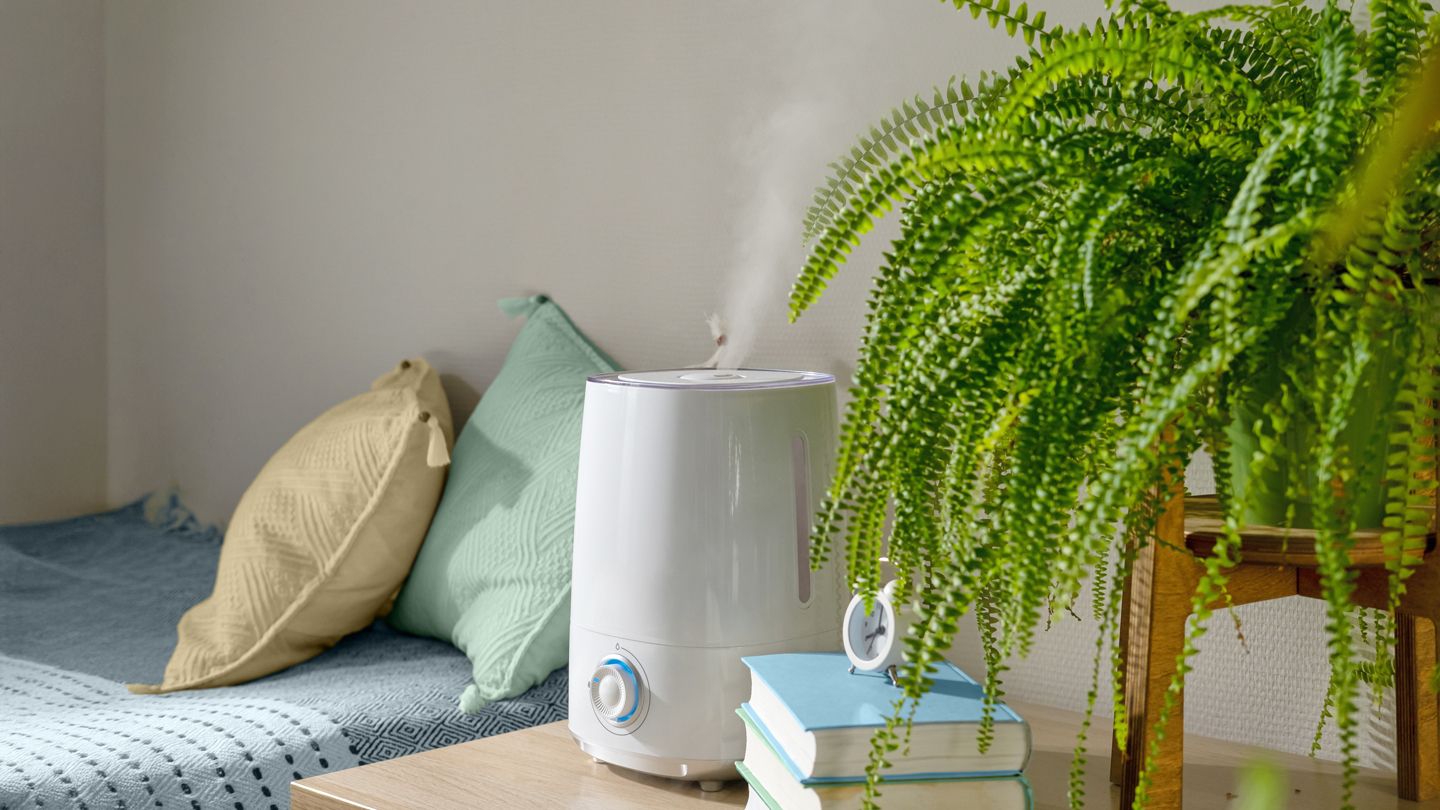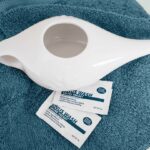“Recurrence is relatively common … even after surgery,” says Kanwar Kelley, MD, an otolaryngologist in Orinda, California, and cofounder of Side Health. “Some people get lucky and have surgery and never come back. Others have surgery, and they are back within weeks or months.”
Luckily, there are things you can do to help keep the growths from coming back. “Staying ahead of the curve is crucial when dealing with polyps,” says Dr. Kelley. To reduce your risk of nasal polyp recurrence, try these steps:
1. Be on the Lookout for Nasal Symptoms
Signs that may indicate a recurrence of nasal polyps are similar to symptoms you may have experienced when they first appeared. Kelley recommends taking note of any of the following and alerting your ENT (ear, nose, and throat doctor):
- Excessive running of the nose
- Excessive sneezing
- Feeling of fullness in the nose
- Nasal blockage
Be sure to keep your follow-up appointments and tell your doctor about any changes in symptoms.
2. Take Steroids as Directed
Oral steroids and nasal steroid sprays are common treatments for nasal polyps. “Typically, we have used combinations of steroids and antibiotics by mouth to treat them and surgery when they get bad,” says Kelley. Steroid sprays are safe to use long term. Oral steroids may also be used, but only for a short time.
3. Consider Biologics
In addition to steroids, there are injectable medications called biologics that can help manage the condition in the long term, says Kelley. Biologics target a type of inflammation in people with chronic rhinosinusitis with nasal polyposis (aka chronic inflammation with nasal polyps). “Newer biologics can shrink polyps and reduce the need for revision surgery,” says Charles Tong, MD, an otolaryngologist at Lenox Hill Hospital and Northwell Health in New York City.
4. Ask Your Doctor About NSAIDs.
Keep in mind, though, that for a small subset of people with nasal polyps, NSAIDs can actually make symptoms worse and trigger other issues. If you notice any problems, such as increased nasal congestion, sinus pain, abdominal pain, chest tightness, coughing, headache, rash, or wheezing, call your doctor.
5. Keep Your Nose Moist and Clear
Exposure to cold or dry air can irritate and inflame your nose and sinuses. Using a humidifier to keep the air in your home moist, especially in winter — or year-round if you live in a dry climate — can help prevent nasal polyps from recurring by helping reduce inflammation in the nasal passages.
Similarly, avoiding any allergy triggers you may have and other known irritants (such as dust or cigarette smoke) can help lower your chances of nasal polyp recurrence. “It’s important to consider the underlying inflammatory driver for your disease,” says Dr. Tong.
6. Practice Good Nasal Hygiene
Talk to your doctor about how, in addition to the medication you’re taking, you can further give your nose a little TLC. Nasal saline sprays are part of the equation, says Tong. Kelley agrees that clearing the nasal passages regularly can be beneficial. “Typically, we recommend having people perform saltwater irrigations with a steroid mix,” he says.
Practice good hand hygiene, too. Washing your hands often can help reduce your chance of getting a cold or other infection, which could cause inflammation in your nose and sinuses, increasing your risk of nasal polyp recurrence.
The Takeaway
- Nasal polyps can often recur, even after treatment, including surgery.
- Medications, such as steroids, certain NSAIDs, and biologics, may help reduce the odds of nasal polyp recurrence.
- Avoiding triggers, such as cigarette smoke or cold, dry air, can also help keep nasal polyps at bay.
Read the full article here




